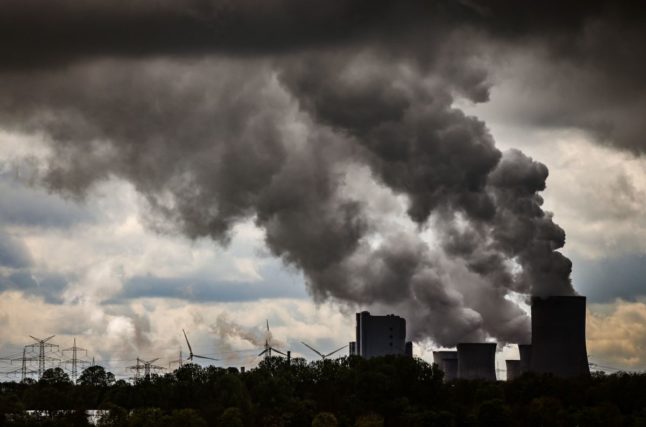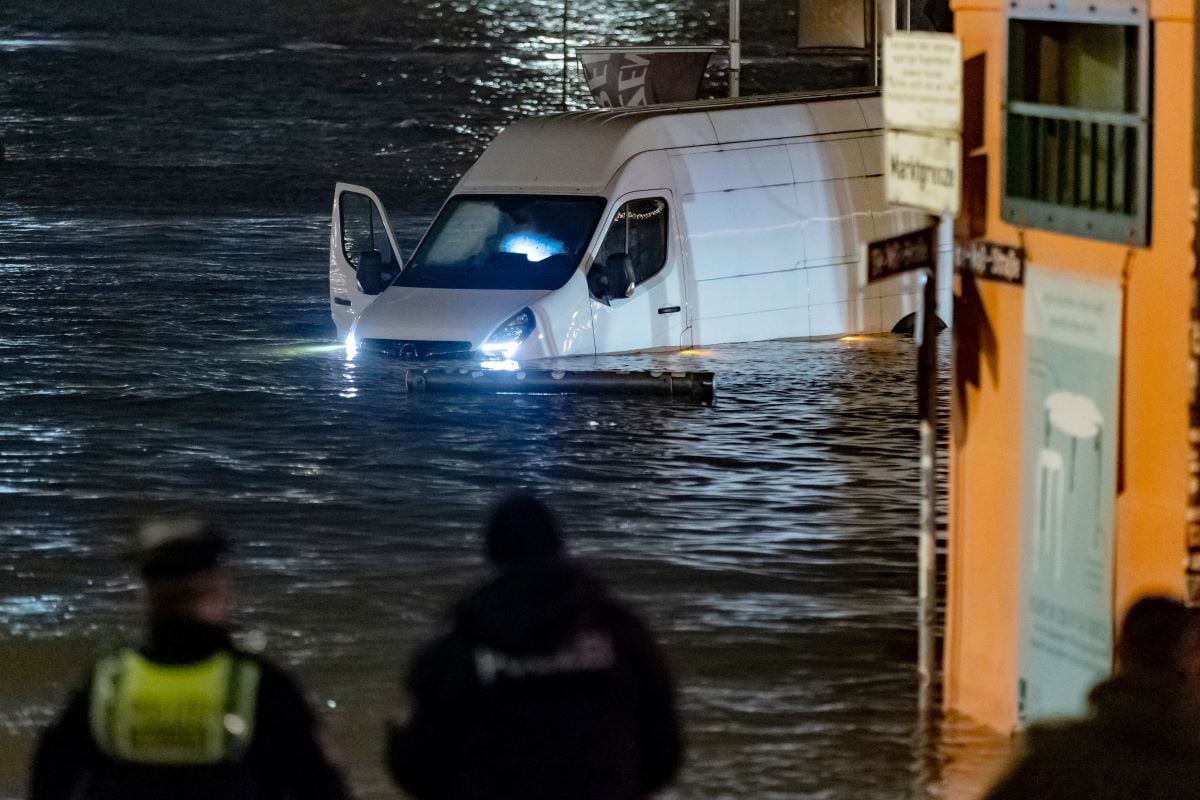“Not everyone has always been enthusiastic about the idea in recent months. But I’ve decided that we’re going to do it… There is no reasonable argument against it,” Seehofer said in parliament.
At least 180 people died when severe floods pummelled western Germany over two days in mid-July, raising questions about whether enough was done to warn residents ahead of time.
Some 70 people are still missing after torrents of water ripped through entire towns and villages, destroying bridges, roads, railways and swathes of housing.
READ ALSO: German floods death reach toll reaches 180 – and dozens still missing

Government spokeswoman Martina Fietz last week said the country’s weather warning system and mobile phone app Nina had “worked” but admitted that “our experiences with this disaster show that we need to do more and better”.
Armin Schuster, president of the German civil protection agency (BBK), called for sirens to be reinstated in more areas.
He also said the agency was considering introducing mobile phone alerts, but “a number of issues” would need to be talked through first, including the costs and data protection concerns.
READ ALSO:
- Why weren’t residents of German flood zones all warned via text?
- Why Germany faces tough questions over its disaster response
The alerts would be sent using a technology known as cell broadcast, which enables local authorities to send messages to multiple mobile phone users in a particular area at the same time.
The alerts are similar to SMS messages, but can be sent and received anonymously and have the advantage of still working when networks are overloaded.
The technology is not widely used in Europe, but is common in the US and Japan.
Seehofer on Monday called for a mix of analogue and digital warnings. “The warning app is of no use if you are asleep at night and don’t hear it. The siren, in turn, is of no use on its own because it doesn’t tell people: What should they do?”




 Please whitelist us to continue reading.
Please whitelist us to continue reading.
Member comments